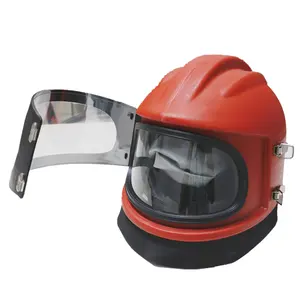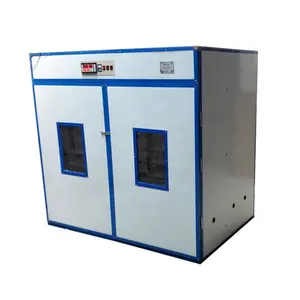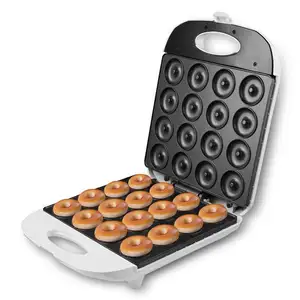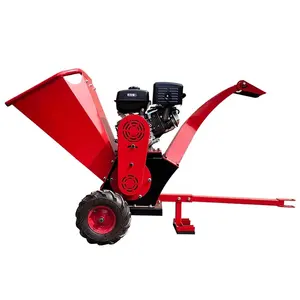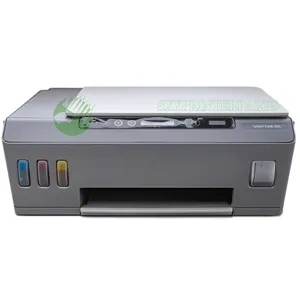Popular in your industry






































































































































Top categories
About commercial ac units
Commercial AC units, or commercial air conditioners, are robust cooling systems designed to regulate temperature in large spaces, such as offices, restaurants, hospitals, and retail stores. These units are specifically engineered to cater to the unique cooling demands of commercial and industrial settings, providing efficient and consistent cooling to ensure optimal comfort for employees and visitors. Commercial AC units are available in a variety of configurations, including rooftop units, split systems, and air con commercial units, allowing businesses to choose the most suitable option based on their specific needs and space requirements.
Types of Commercial AC Units
Commercial AC units encompass a range of systems designed to address the cooling needs of larger spaces. One common type is the rooftop unit, which is a self-contained HVAC system installed on the roof of a building. These units are popular in commercial settings due to their space-saving design and ease of maintenance. Rooftop units typically include components such as compressors, condensers, and evaporators in a single, weather-resistant cabinet.
Another common type is the split system, which consists of two main components: an outdoor unit containing the compressor and condenser, and an indoor unit housing the evaporator. Split systems offer flexibility in installation and are suitable for spaces where ductwork is feasible. Additionally, some commercial settings may opt for a variable refrigerant volume (VRV) or variable refrigerant flow (VRF) system. These systems use advanced technology to provide zoned cooling, allowing for individualized temperature control in different areas of a building. This is particularly beneficial in large spaces with varying cooling requirements, such as office buildings or hotels. Moreover, larger establishments may opt for a chiller system, which uses chilled water to cool the air. Chiller systems are highly efficient and are often employed in industrial settings and large commercial buildings.
Applications of Commercial AC Units
Commercial AC units find applications in a diverse array of settings, each with its unique cooling demands. In office buildings, these units are essential for maintaining a comfortable and productive working environment for employees. Retail stores rely on effective cooling to create a pleasant shopping experience for customers. Restaurants and food establishments utilize commercial AC units to uphold food safety standards and ensure a comfortable dining atmosphere. Healthcare facilities, such as hospitals and clinics, prioritize the precise temperature control provided by commercial AC units to enhance patient comfort and maintain sterile environments.
Industrial facilities, including manufacturing plants and warehouses, use robust commercial HVAC systems to regulate temperature and humidity levels, safeguarding equipment and ensuring optimal working conditions. Educational institutions, such as schools and universities, leverage commercial AC units to create conducive learning environments for students and faculty. Hotels and hospitality establishments prioritize guest comfort with efficient and reliable cooling solutions. Event venues, entertainment centers, and cultural spaces rely on commercial AC systems to provide a pleasant experience for attendees. The comprehensive applications of commercial AC units underscore their vital role in diverse commercial and industrial settings.
Features of Commercial AC Units
Commercial AC units offer a myriad of features designed to enhance performance, energy efficiency, and user experience. Many units come equipped with advanced air filtration systems that can capture and remove airborne particles, ensuring improved indoor air quality. Additionally, some models incorporate programmable thermostats and scheduling capabilities, allowing for precise temperature control and the optimization of energy usage. The robust construction of commercial AC units, often utilizing durable materials, contributes to their longevity and ability to withstand the demands of continuous operation in commercial settings.
For added convenience, some units may feature remote control or smart technology integration, enabling users to adjust settings remotely. In terms of energy efficiency, many commercial AC units are designed to meet or exceed industry standards, helping businesses reduce operational costs and minimize their environmental impact. Moreover, some units offer modular or scalable designs, allowing for easy expansion or customization to adapt to evolving cooling needs. The incorporation of these features underscores the adaptability, efficiency, and user-centric design of commercial AC units, making them indispensable for businesses prioritizing effective climate control.
